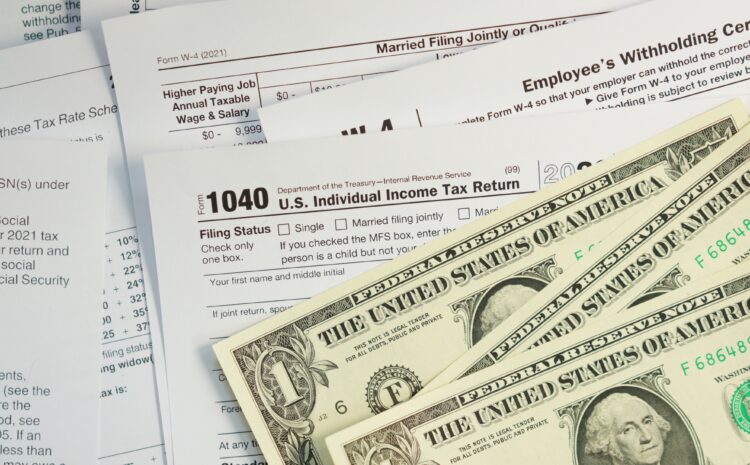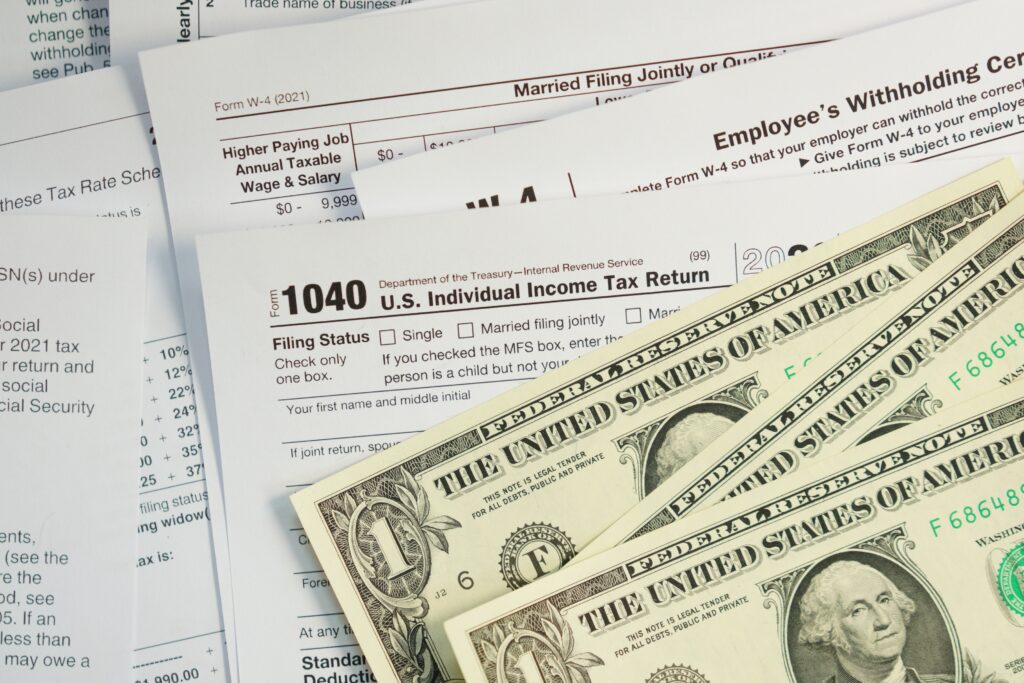
Holding accounts in foreign banks can bring certain benefits, but it can also require close attention to tax rules in the United States. If you do not follow these rules, you may face trouble from the IRS.

Many people with offshore accounts think that as long as they pay their taxes in one country, they do not need to worry about U.S. tax rules. This can lead to serious problems later.
If you have an offshore account and want to avoid making common mistakes, consider speaking with our New York tax attorneys at Thorgood Law Firm. We can help you understand what you need to do and can advise you on how to respond if you receive a notice from the IRS.
Your obligation to report offshore accounts includes accounts that you simply have signature authority over and no financial interest. That is, as long as you have signature authority over an offshore account, you have reporting obligations. This may also include accounts where you don’t have ownership interests, such as when your signature authority derives only from being a corporate official.
Do not wait until the problem grows. Call today for a free consultation with our New York tax attorneys at Thorgood Law Firm.
What Happens If You Ignore Offshore Account Reporting?
Some people think that if the IRS does not ask about their foreign accounts, they do not need to say anything. This can be a costly mistake. Ignoring your duty to report offshore accounts may lead to large penalties that grow every year.
The IRS has many tools for finding out about unreported foreign money, such as information shared by foreign banks and financial institutions through international agreements. Under laws like the Foreign Account Tax Compliance Act (FATCA), many banks outside the United States report details about accounts held by U.S. taxpayers. This cooperation allows the IRS to learn about accounts that might otherwise remain hidden, helping them identify unreported balances, interest, dividends, and other taxable earnings. If the IRS discovers your account before you come forward, you may lose the chance to take advantage of special programs or to fix the problem on your own terms.
Beyond penalties, ignoring the rules can place you at risk if the IRS believes you acted on purpose. In serious cases, there could be criminal charges. Not everyone who makes a mistake faces criminal problems, but if the IRS thinks that you knew about the rules and chose not to follow them, you may face much worse troubles.
This makes it important to correct mistakes early. Do not assume that the IRS will never find out about your foreign accounts. Instead, consider talking to our New York tax attorneys at Thorgood Law Firm to learn how you can correct any past errors and stay compliant going forward.
Is Failing to File FBAR a Common Mistake?
One mistake offshore account holders often make is not filing the Foreign Bank Account Report (FBAR). The FBAR form, which is called FinCEN Form 114, must be filed if the total value of all your foreign financial accounts goes beyond a certain amount at any point (even intraday) in the calendar year. Many people with offshore accounts do not realize they must file this form, or they think it only applies to large balances. Even if you have several small accounts whose combined value passes the threshold, you must file.
Can Misreporting Income from Foreign Accounts Be a Problem?
Offshore accounts often earn interest or dividends, and sometimes, you may receive income from foreign property or business interests. Many people forget to include these amounts on their U.S. tax returns. They might think that since the money never touched U.S. soil, it is not taxable here. That is not true. U.S. taxpayers must report and pay tax on their worldwide income. Failing to do so can lead to extra taxes, interest, and penalties down the line.
If you have income from a foreign source, not reporting it is risky. Even if it is a small amount, the IRS can still penalize you if it discovers the error.
Sometimes, foreign banks send reports to the IRS, or the IRS might learn about your income through other channels. If you do not report this income, you are leaving yourself open to problems.
Our New York tax attorneys at Thorgood Law Firm can help you understand what counts as reportable income, how to convert foreign currency to U.S. dollars for tax purposes, and where to report that income on your return. Taking these steps can keep you in good standing with the IRS.
Can Misunderstanding Foreign Trusts and Entities Cause Trouble?
Owning or benefiting from a foreign trust, corporation, or partnership can add another layer of reporting duties. Many people do not realize that if they have interests in these foreign entities, they may need to file separate forms, such as Form 3520 for foreign trusts or Form 5471 for certain foreign corporations. Missing these forms can lead to major penalties. It also can draw more attention from the IRS, who might question why you did not disclose these interests.
Many offshore account holders misunderstand these rules or believe they do not apply. That can be a serious error. Even if you are a minority shareholder in a foreign company, you may have to report it on your U.S. tax return.
Understanding these requirements can be difficult, especially if you are also dealing with foreign laws. Our New York tax attorneys at Thorgood Law Firm can review your situation and help you decide which forms you need to file. By taking the time to understand these rules and follow them, you can avoid costly penalties and other IRS actions.
What if You Are Already Under IRS Review?
If you have received a letter from the IRS asking about your offshore accounts, do not panic. You still have options.
The worst thing to do is ignore the letter. Contact our New York tax attorneys at Thorgood Law Firm as soon as possible. We can help you understand what the IRS wants, what your rights are, and how to respond. Even if the IRS has already begun to look into your accounts, the right steps now can help limit the damage.
Call Our New York Tax Attorneys at Thorgood Law Firm Today
If you are not sure whether you have followed all offshore compliance rules or if you know you made mistakes in the past, do not wait to get help. Contact our New York tax attorneys at Thorgood Law Firm. We assist clients in New York and across the United States with a full range of tax matters. This includes advising on foreign account reporting, responding to IRS notices, and helping clients correct past errors before the IRS takes action.
At Thorgood Law Firm, our New York tax attorneys offer a free initial consultation. During this meeting, you can explain your situation and learn what steps might help you fix the problem. From that point on, you will work directly with a lawyer who understands the rules and cares about your success. Our attorneys have helped clients for over two decades. We know how stressful these issues can be, and we stand ready to guide you through each step of the process.
Visit us at 100 Park Avenue, 16th Floor, New York, NY 10017, or call (212) 490-0704 or (212) 202-3879. Our New York tax attorneys at Thorgood Law Firm are here to help you follow the rules, fix any past mistakes, and stay on track for the future. Take the first step by reaching out today for your free consultation and gain the comfort of knowing that you have legal counsel working on your behalf.






